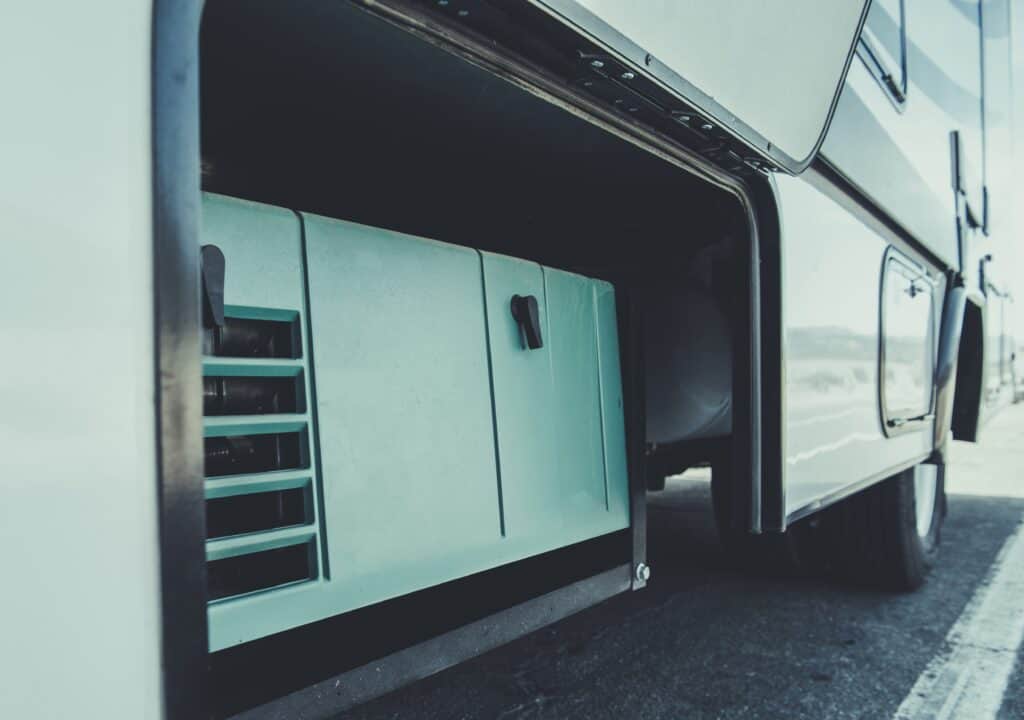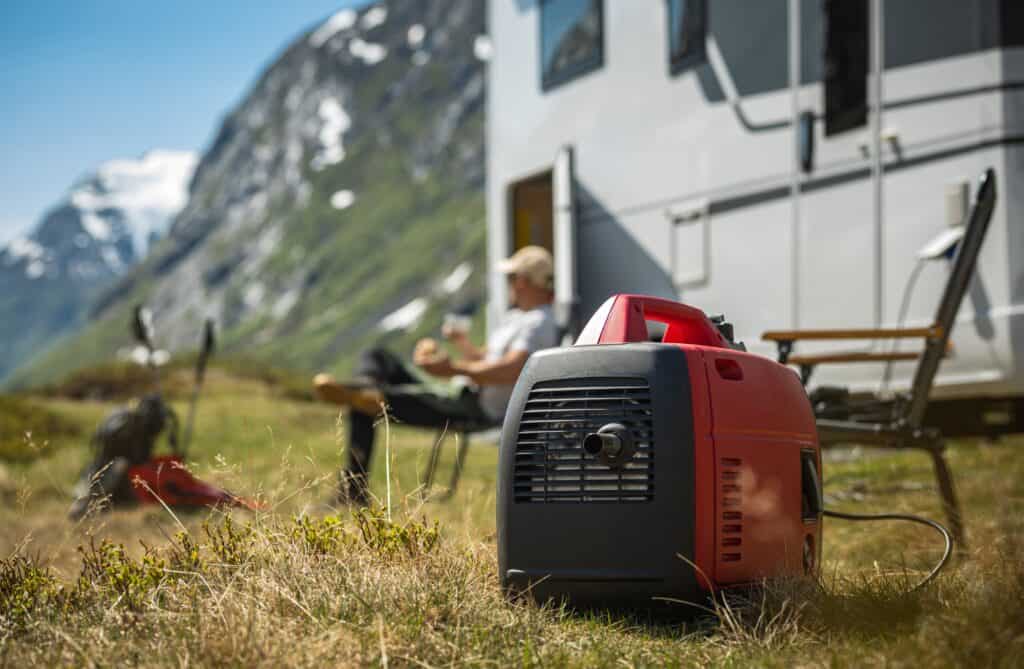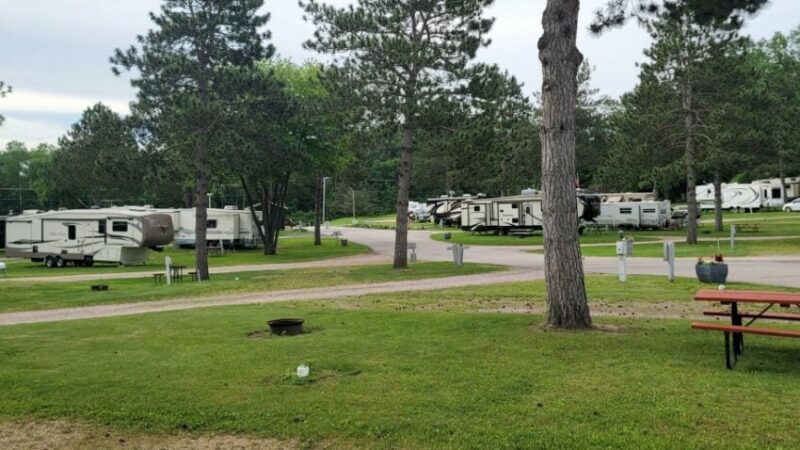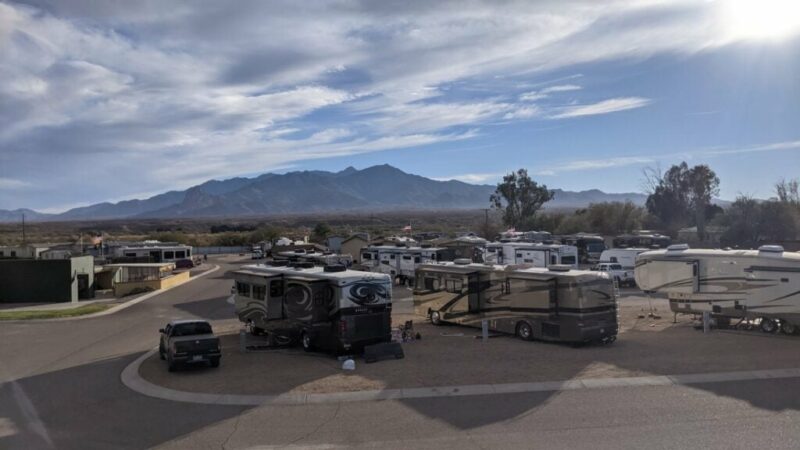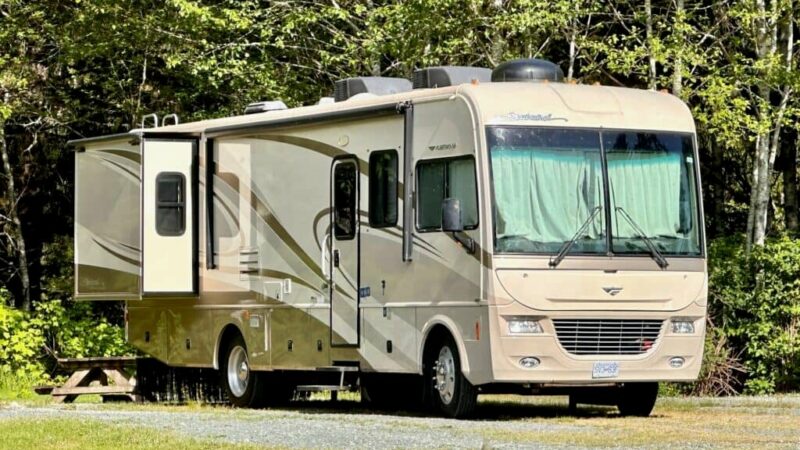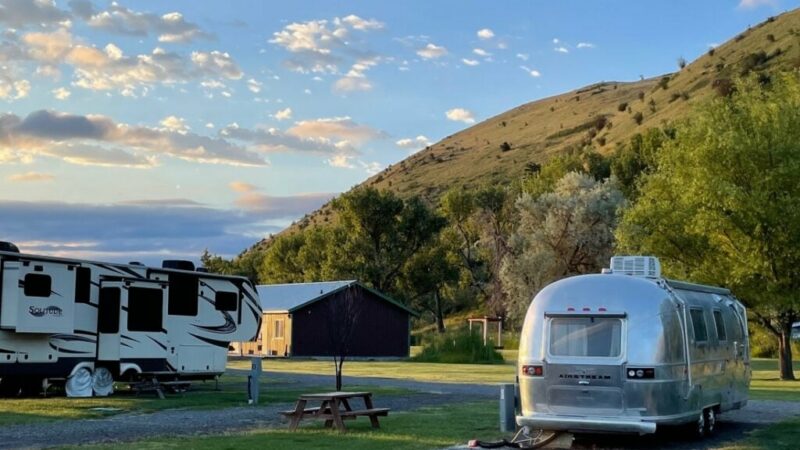What Size Generator Do I Need for My RV?
If you’re in the market for an RV generator, you likely have a lot of questions on your mind. You might be wondering things like…
These are just a few of the many things you’ll want to consider before purchasing a generator for your RV. Today, we are going to discuss the answers to the questions above and much more. By the time you finish this article, you should have a good idea of what you’re shopping for so you can make the right size generator purchase for you and hit the road to adventure.
Why Buy an RV Generator?
First, let’s talk a little about why someone might buy an RV generator. Obviously, if you’re going to spend all of your time in full-service RV parks with electric hookups, you probably don’t need a generator to give you power. That said, if the electricity ever goes out in any of those RV parks, a generator is sure nice to have.
Other instances that call for a generator include Walmart (or similar) stops on your way from one place to another, as well as the need to run an A/C in the back of your motorhome while you’re driving.
All of those are okay reasons to invest in a generator. That said, the number one reason most RVers choose to buy an RV generator is for boondocking. Boondocking involves camping in the wilderness with absolutely no RV hookups. In these instances, a generator can provide you with the electricity you need to live your day-to-day life.
Types of RV Generators
There are a couple different types of generators you can use for your RV. Which type you buy will depend on your needs and the size and type of RV you own. All require seasonal RV generator maintenance.
Built-in RV Generators
First, there is the built-in or onboard whole house generator that comes standard in most motorhomes and some fifth wheels. As the name suggests, these generators are built into the RV, with an entire storage bay dedicated to holding them. They usually include at least one switch on the inside of the rig, meaning you don’t even have to step outside to start your onboard generator.
Generally speaking, built-in generators offer the same amount of amperage your RV requires. This means you should be able to run all appliances off of your built-in generator (though not necessarily at the same time). Since they come stock in the RV, the weight of a built-in generator is already accounted for in the total weight of the RV and does not take away from the advertised cargo carrying capacity.
Portable Generators
Portable generators do not come with the RV, meaning you must find a place to store one and must account for the weight it adds to the rig. They cost much less than onboard generators, so many motorhome owners will choose to invest in a portable generator rather than replace a broken built-in generator.
You do have to take a portable generator out of the storage bay in order to run it, so many people choose to store these on racks on the backs of their RVs. Either way, you will be stuck walking outside in order to start the generator.
As far as types of portable generators go, we will always recommend inverter generators because they usually run on gasoline and are relatively quiet. That said, you will pay a bit more for an inverter type.
Check your RV owner’s manual to make sure your portable generator doesn’t push you over the limits of your cargo carrying capacity.
Choosing an RV Generator Size Based on RV Amperage
Whether you choose to purchase an onboard generator or a portable generator, the next thing you need to ask yourself is, “What size generator do I need for my RV?” To find a good starting point, we recommend looking at your RV amperage.
If you have a 30-amp RV, there is really no reason to get a generator that offers more amperage than that. While it won’t hurt your RV to plug into a 50-amp generator, it also won’t give you any more power to work with.
Meanwhile, if you have a 50-amp rig, you will be able to use up to 50 amps of power. You can plug into less (or more), but if your generator offers fewer amps, you will need to limit the appliances you use.
Running an Air Conditioner Using an RV Generator
If your goal is to run your RV air conditioner on your generator, it is important that your generator offers enough power to do this. While it is possible to run a single RV A/C on a small 2,200-watt, 120-volt (20-amp) generator, it would likely require installation of a SoftStartRV unit on your air conditioner. Keep in mind that you probably won’t be able to add any additional voltage while using it.
For this reason, we recommend having a generator that gives at least 30 amps (3,600 watts, 120 volts) to run one RV A/C. If you want to run two air conditioners, you will likely need 50 amps.
Other On-Board Power Considerations
Not sure what else you need to consider when answering the question, “What size generator do I need for my RV home’s power?” Here are some other things to ask yourself that will help you decide.
What will you use the generator for?
What are your power needs? Will you need to run essential appliances like the air conditioner, furnace (or space heater), and sensitive electronics with your generator? Or will you only use it to recharge the batteries once in a while? If you really only want it for recharging purposes, a 2,200-watt generator is probably plenty. But for RVers who want to run the A/C, dishwasher, or microwave should examine their total wattage requirements and look into a bigger option.
How much extra weight can you carry?
What kind of storage space do you have available, and how much extra cargo carrying capacity do you have to work with? As mentioned above, generators are big and heavy. For this reason, those with little storage space and weight capacity might need to stick to a smaller, less powerful generator.
What is your budget?
Generally speaking, the larger and more powerful a generator is, the more expensive it is going to be. Therefore, your budget will also help determine what size generator you end up with.
What fuel type makes the most sense for you?
Finally, while it has nothing to do with size, you will also want to think about what fuel type you’d like your generator to use. If you drive a diesel RV (or if your tow vehicle is diesel), it might make a whole lot more sense to have a diesel generator. This is particularly true if you want an onboard generator, as many of these can be set up to pull from the onboard fuel tank. Most portable RV generators run on gasoline, and many small but powerful generators like the Bluetti series can now run on solar power.
Knowing what size RV generator you need takes some legwork up front. But just imagine the day you’re dry camping in a beautiful spot, with a coffee maker brewing a fresh cuppa Joe in the morning. Boondocking never tasted better!
The post What Size Generator Do I Need for My RV? appeared first on RV LIFE.
